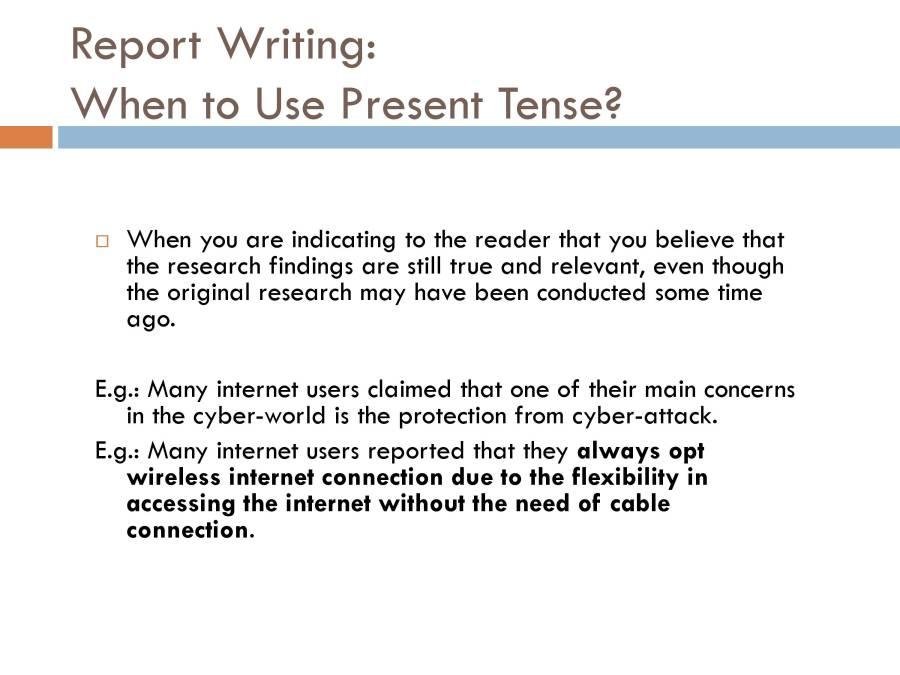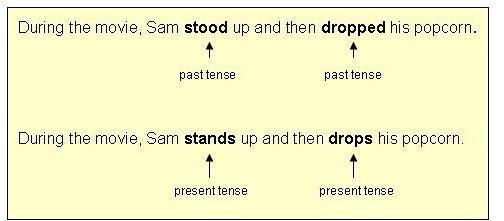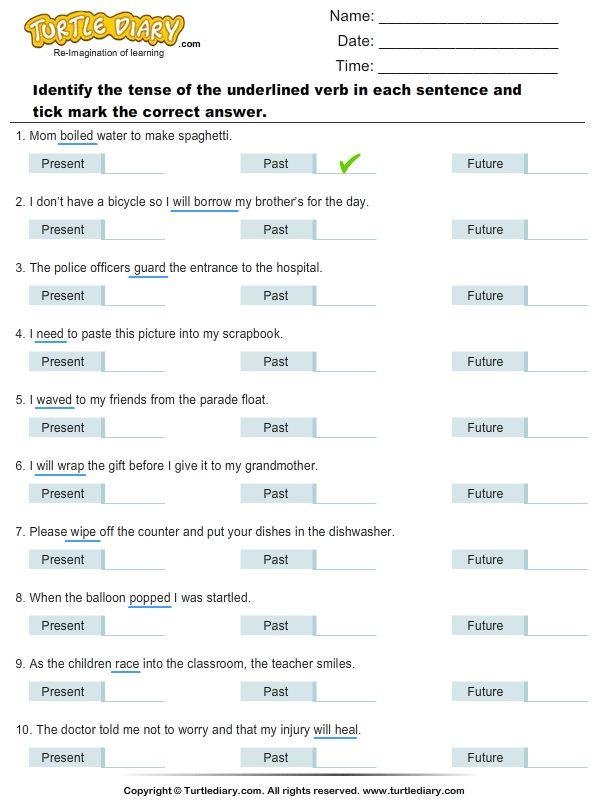research report is written in which tense

When delving into the realm of academic writing, one of the nuanced but pivotal aspects that often sparks debate is the choice of tense in research reports. The relationship between time and scientific discourse is intricate; it shapes not just how information is presented but also how it is perceived by the reader. In this article, we will explore the conventions surrounding verb tense in research reports, examining how different tenses serve distinct purposes in conveying findings, hypotheses, and ongoing implications. From the immediate impact of present tense to the reflective nature of past tense, our investigation will illuminate the guiding principles behind these choices, providing clarity for researchers seeking to articulate their work with precision and authority. Join us as we unravel the layers of tense in scholarly writing—where each choice is a step toward deeper understanding.
Understanding Tenses in Research Reports
In the realm of research reports, the selection of tense plays a crucial role in effectively communicating findings and methodologies. Typically, the past tense is employed when detailing completed actions, such as experiments conducted, data collected, and results obtained. This usage conveys a sense of finality and allows readers to grasp that the research has already been executed. Conversely, the present tense is commonly used when discussing established knowledge and universally accepted facts. For instance, stating that “the results indicate” serves to emphasize the ongoing relevance of the findings, binding the past research to the present understanding of a subject.
When considering the appropriate tense to utilize, it’s helpful to categorize information into distinct sections of the report:
| Section | Tense | Description |
|---|---|---|
| Literature Review | Present tense | Discusses ongoing research and established theories. |
| Methods | Past tense | Describes the procedures that were implemented. |
| Results | Past tense | Outlines what was discovered from the research. |
| Discussion | Present tense and future tense | Interprets the results and suggests implications. |
Ultimately, the strategy for employing different tenses allows researchers to clearly articulate the timeline and significance of their work, guiding readers through the intricate layers of inquiry and conclusion. By aligning tense usage with the content’s nature, researchers can enhance clarity and comprehension within their reports.

The Importance of Consistency in Tense Usage
Consistency in tense usage is crucial in any written work, particularly in research reports. Adhering to a single tense helps maintain clarity and coherence, allowing readers to easily follow the progression of ideas and findings. While the standard practice tends to revolve around the past tense when discussing completed research and findings, it’s important to consider the context in which certain actions or observations occur. For instance, the present tense might be appropriate when discussing ongoing relevance or implications of your findings, ensuring that readers understand their application in today’s context.
When crafting your report, consider the following guidelines for tense usage:
- Past Tense: Use this for describing methods and results of completed studies.
- Present Tense: Ideal for discussing established theories and current implications of your research.
- Future Tense: Suitable for outlining future research directions or expectations based on your findings.
| Tense | Usage |
|---|---|
| Past | Describing completed research |
| Present | Discussing ongoing relevance |
| Future | Outlining future directions |

Guidelines for Selecting the Appropriate Tense
When drafting a research report, the choice of tense plays a crucial role in clearly conveying your findings. Typically, the present tense is employed when discussing established facts or widely accepted knowledge. For instance:
- Present tense: “The data indicates a significant trend in the results.”
- Present perfect tense: “Researchers have established a correlation between these variables.”
Conversely, the past tense is commonly used when describing the methodology and results of your research, reflecting on what has been completed. Effective examples include:
- Past tense: “The experiment was conducted over a period of three months.”
- Past perfect tense: “Before the analysis, the samples had been collected from various locations.”

Common Mistakes to Avoid in Tense Selection
When navigating the complexities of tense selection in a research report, it’s crucial to steer clear of common pitfalls that can undermine the clarity and professionalism of your writing. One frequent mistake is using inconsistent tenses, which can confuse readers about the timeline of your research findings. For instance, many writers mistakenly switch from past tense to present tense, resulting in a jarring reading experience. To maintain coherence, select a primary tense that aligns with the context of your report, and stick to it throughout. Establishing a clear framework for tense use is key:
- Use past tense for methods and results to convey actions that have already been completed.
- Utilize present tense when discussing established knowledge or ongoing implications of your research.
- Be cautious with future tense—it should be used primarily in discussions about future research directions or assumptions.
Another common error is neglecting the specific conventions of academic writing related to tense. Authors sometimes fail to recognize that various sections of a research report may call for different tenses. For example, the literature review typically employs present tense when discussing theories, while the results section predominantly uses past tense to report findings. Being attuned to these nuances can greatly enhance the reader’s comprehension. A quick reference table can be helpful in guiding tense usage:
| Section | Recommended Tense |
|---|---|
| Abstract | Past or Present |
| Introduction | Present |
| Methodology | Past |
| Results | Past |
| Discussion | Present and Past |
| Conclusion | Present |
In Retrospect
In navigating the intricate landscape of academic writing, understanding the appropriate tense for a research report is paramount. As we draw this exploration to a close, it becomes clear that the selection of tense not only affects the clarity of your arguments but also establishes the scholarly tone of your work. Whether you choose the past tense to recount your findings, the present tense to convey established knowledge, or the future tense to speculate on implications, each decision plays a vital role in shaping your narrative. Remember, the power of tense lies in its ability to guide your reader through your research journey, enhancing their understanding and engagement. As you embark on your own writing endeavors, keep these insights in mind, and strive for a balance that resonates with both your subject matter and your audience. Happy writing!




